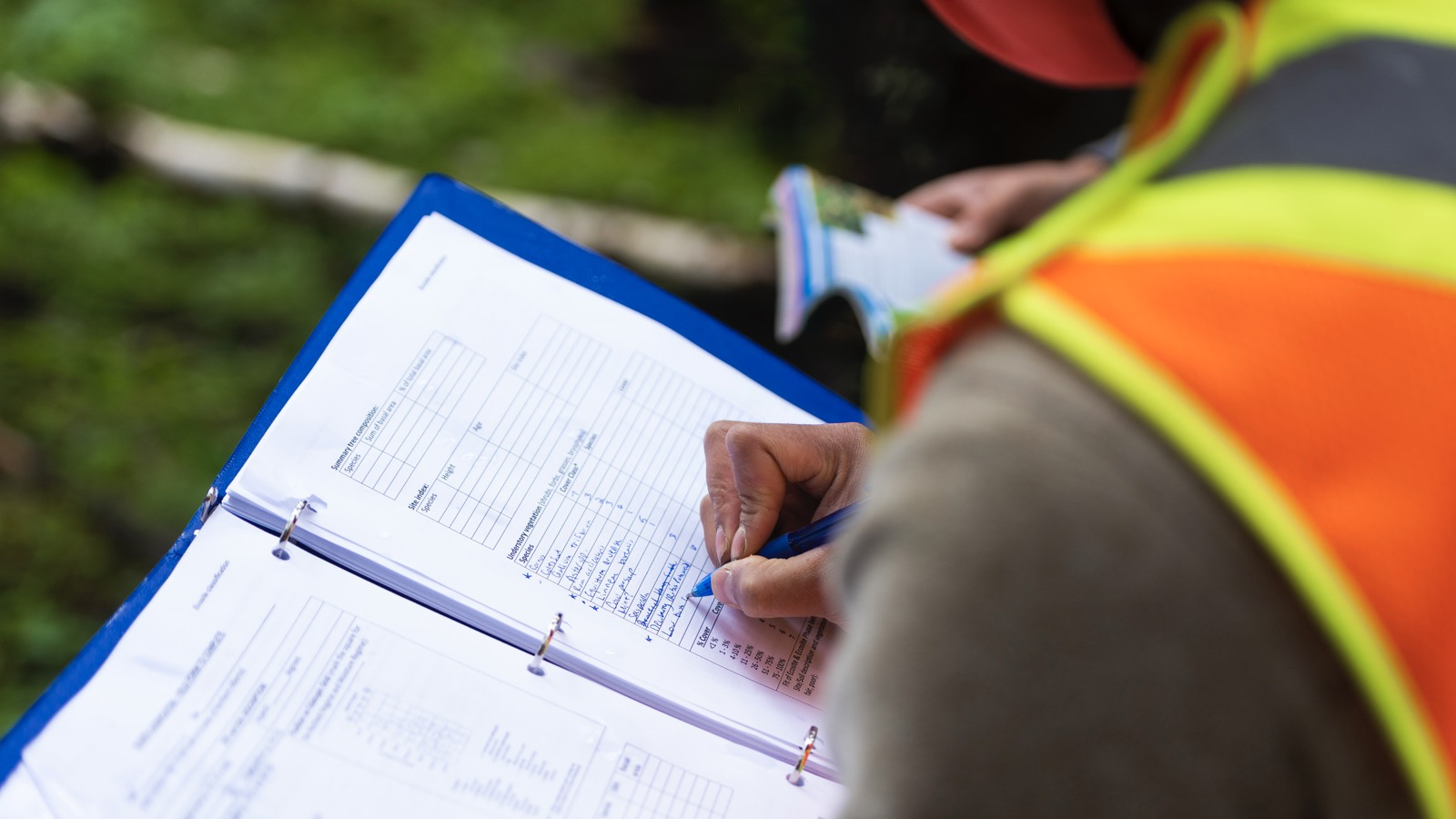What is a Major in Environmental Economics & Policy?
Environmental economics and policy studies start with natural science courses to build a scientific understanding of environmental issues, laying the groundwork to study economic theory and applications. Students then practice the quantitative and analytical skills needed to develop and analyze policy solutions in case studies or real-world applications. The major also allows for supplementary courses in related disciplines to broaden students’ perspectives, such as those in other applied sciences, economics and social sciences, like sociology and political science.
Is this major for me?
Have you ever considered how to solve environmental problems, or questioned the economic market failures that may have caused them? By studying environmental economics and policy, you’ll learn about existing policy systems – like carbon taxes, subsidies and trade restrictions – that are used or implicated across many sectors of the Albertan and Canadian economies, and get the chance to apply economic and policy analysis to real-life environmental studies in class, at field school or even in research with your professors.
Featured Courses
Study the relationship between economic growth and the deterioration of the environment, including the types, causes, theory, policy, and measurement. Current Canadian environmental topics will be featured.
Overview of Canadian laws and policies designed to control air, land and water pollution including licensing systems, quasi-criminal sanctions, and environmental impact assessment processes. The course will also review relevant constitutional issues and consider alternative legal approaches to the resolution of environmental problems.
The historic and contemporary role of rural regions and extractive economies in the global marketplace is discussed from a macrosociological perspective. Sociological concepts are applied to the study of the structural constraints and opportunities facing social and economic systems in rural regions.
Study an applied economic modeling of resource utilization and environmental issues with a focus in forestry and agriculture. Topics may include current Canadian and international issues in the area of environmental valuation, energy, climate change, biodiversity and conservation as related to forestry and agriculture.
Feature Careers
Environmental economists study the effects of environmental policies on the economy. They use economic theory to design economic policies and assess their effects on the environment. Their goal is to help create policies that protect and enhance environmental quality at the lowest cost to society.
Environmental auditors assess the environmental performance of operations and environmental management systems in business and industry. Average salary: $82,969
Source: Government of Alberta, Occupations in Alberta
You may also
be interested in:
Programs related to a major in Environmental Economics & Policy:

